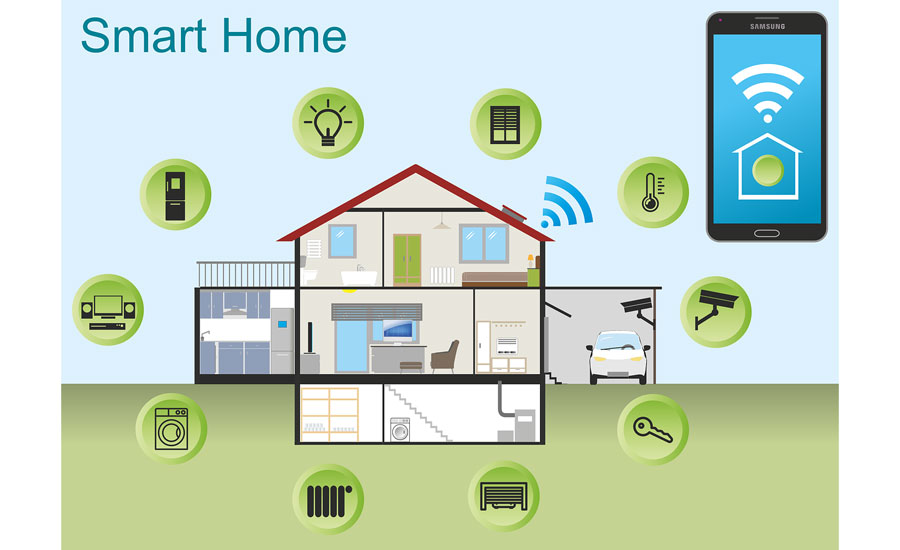Discovering The Environmental Advantages Of Heat Pumps - A Lasting Home Heating Option
Discovering The Environmental Advantages Of Heat Pumps - A Lasting Home Heating Option
Blog Article
Material Composed By-Crabtree Barrett
In an era where sustainability and power effectiveness are extremely important, several businesses look for environment-friendly home heating remedies. One such remedy is the heat pump.
A heatpump removes the heat in its environments and pumps it into your home, resulting in among one of the most reliable green central heating unit around. This procedure also creates no greenhouse gas exhausts, making it an extremely lasting technology.
Power Performance
Heatpump are really energy efficient and call for little maintenance. They utilize much less electricity than various other heating systems and are by far one of the most eco-friendly. They work well with roof solar and can commonly pay for themselves in energy savings alone.
They can additionally provide cooling, which is excellent for garage workshops, attic room hangouts and incentive rooms, and home additions without extending the existing ductwork. They can even be made use of for retrofits in existing homes with hydronic (water-based) distribution systems such as reduced temperature level radiators or glowing floorings.
Try to find designs with SEER and HSPF scores that meet or surpass copyright's minimum standards, along with the criteria in your area. Greater rankings imply higher effectiveness, which conserves you money in the long run and reduces your carbon footprint. You may even receive refunds and incentives! The best systems are those with a ground warmth exchanger for included performance. These devices can absorb thermal energy from the ground during the wintertime and essence it in the summertime.
Lowered Greenhouse Gas Emissions
Heat pumps operate on electricity and essentially transfer heat from the air, also when it's chilly exterior. They have the ability to draw out the cost-free heat trapped in air fragments and move them inside your home, decreasing moisture while doing so.
Compared to gas furnaces, modern-day heatpump utilize less than one kilowatt of power per kilowatt of home heating power they create. This makes them one of the most energy reliable heating option offered with a POLICE (Coefficient of Efficiency) of four or more. By slashing the requirement for nonrenewable fuel sources, heat pumps help reduce greenhouse gas emissions and cut other major air contaminants.
Structure decarbonization is a global crucial, and the HVAC market is a vital driver of that process. Whether it's investor making web zero commitments, policy makers setting discharges limitations, or tenants requiring greener rooms, electrical heatpump are being recognized as a vital solution. They are a cost-efficient method to decrease carbon discharges by getting rid of the requirement for fossil fuels in structures.
Convenience
Heat pumps can be made use of in lots of types of homes and structures-- with or without ducts. They collaborate with hot-water radiators, air-conditioning and programmable thermostats. They can replace furnaces or be set up in brand-new homes. They can operate on solar panels, geothermal systems and even area home heating sources like wastewater.
They're great at supplying even more warmth per energy unit. For example, an air-source heat pump produces approximately 3 or even more heating units from each electrical energy device it takes in.
Getting the most from your heatpump will rely on your environment area and quality of insulation. Seek versions with power celebrity ratings and compare their SEER or HSPF specs. In warmer climates, focus on SEER; in cooler regions, think about a system with a greater HSPF score. Furthermore, just click the following document securing and insulation to decrease the tons on your heat pump. That will certainly boost power efficiency and assist you reach your Web Absolutely no goals faster.
Biomass Boilers
Biomass central heating boilers utilize timber pellets, chips or logs to produce warm and hot water. They are a great choice for off-grid buildings or those who want to leave the gas grid.
As a standalone heater, biomass can supply adequate power to maintain your home warm all year round without the regular heat drop off of other eco-friendly technologies. They can additionally be used combined with solar panels to maximise financial savings and take advantage of RHI payments.
A disadvantage of these systems is the ahead of time expense and routine fuel distributions. Often, pellets will certainly require to be blown right into a fuel shop utilizing a vacuum cleaner system or they can be by hand fed right into the central heating boiler with a receptacle. Logs are commonly self-sourced from nearby woodland or acquired wholesale. Along with this, they call for manual loading and might need cleansing often.